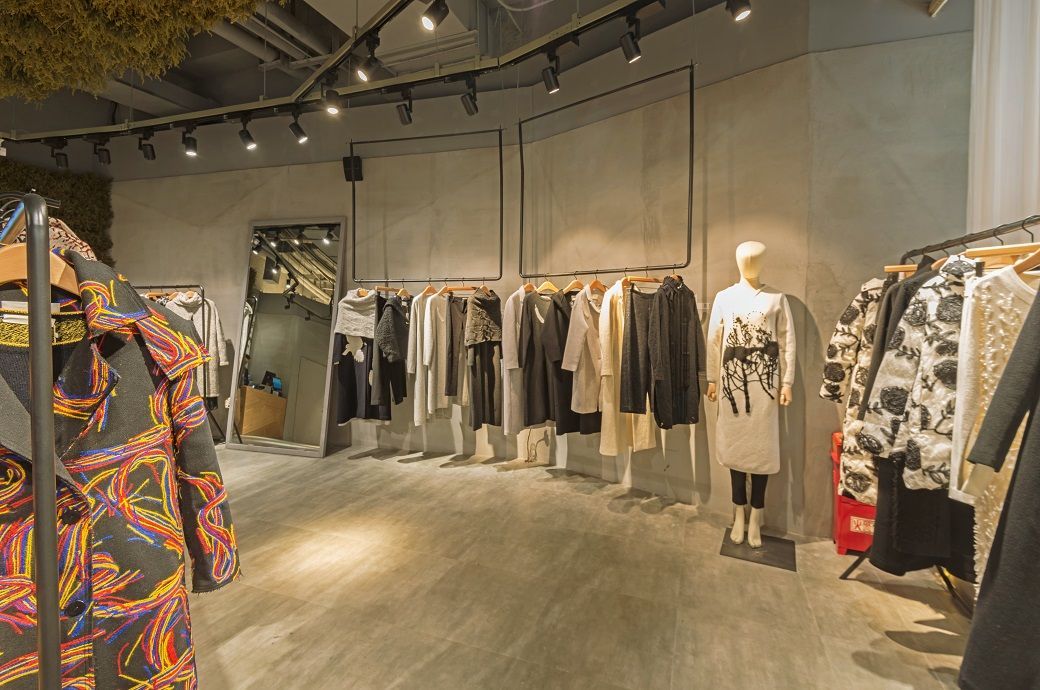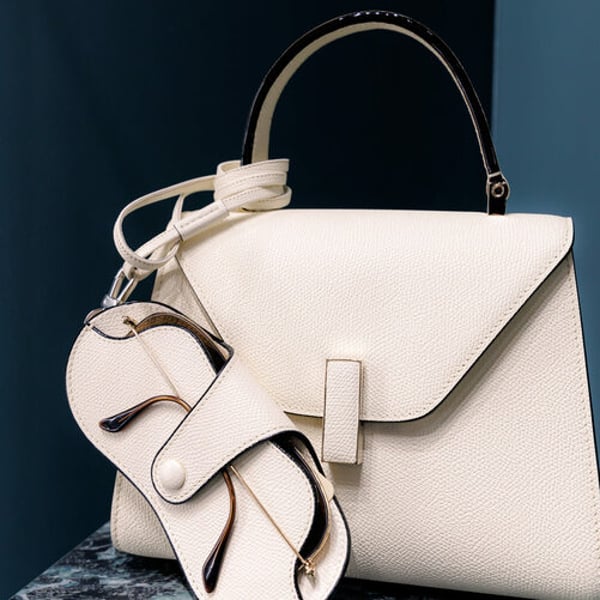This upward trajectory comes in the face of several macroeconomic challenges, including Brexit, the COVID-19 pandemic, supply chain disruptions, and rising energy costs. Despite these obstacles, the luxury sector's strong growth continues, although there is a warning from Walpole, the luxury sector's representative body. The organization warns that without necessary tax reforms and changes to intellectual property laws, this growth could potentially plateau.
Looking ahead, Walpole predicts an even brighter future, projecting that by 2028, the British luxury sector could boost the economy by £125 billion a year. This projection would exceed the economic contributions of the life sciences and construction industries, which are currently valued at £97 billion and £110 billion per year respectively.
The UK luxury sector contributes £81 billion ($102.7 billion) annually to the economy and supports 454,000 jobs, growing 69 percent in five years despite the challenges of Brexit and COVID-19. Walpole warns that growth may stagnate without tax and intellectual property reforms. By 2028, contributions could reach £125 billion, surpassing the life sciences and construction sectors.
The report also delves into the employment landscape within the luxury sector, highlighting the high-quality jobs it provides and its broader economic impact, especially in the fashion subsector. However, the report also flags threats that could undermine the long-term prosperity of the sector and its potential contributions to the UK, and calls for adjustments to government policies to ensure continued growth and safeguard the UK's renowned industrial crafts and their communities.
A particular area of concern highlighted by the report is the UK's tax and regulatory environment. Recent decisions, such as the omission of VAT-free shopping for international visitors from the spring budget, have been criticised. The report suggests that if such incentives are not introduced, the UK could miss out on significant growth, tax revenue and employment opportunities. The International Retail Association (AIR) estimates that UK retailers could lose £1.5 billion a year to their duty-free competitors in the EU.
Fiber2Fashion News Desk (DP)












